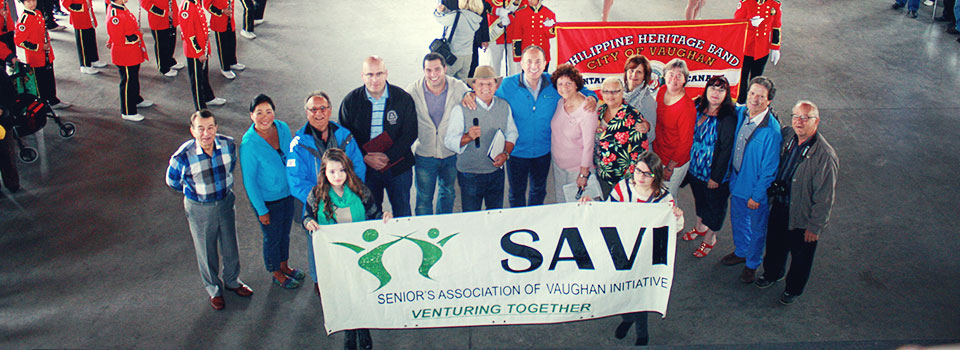Anyone can fall, but the risk of falling becomes greater with age. There are a number of simple steps you can take in and around your home to help prevent falls and the injuries caused by falling.
Every year, one in three Canadian seniors will fall at least once. Hip fractures are the most common type of fall injury among seniors, and about 20 percent of injury-related deaths among seniors can be traced back to a fall.
Factors that can increase your risk of falling include the following:
- poor balance
- decreased muscle and bone strength
- reduced vision or hearing
- unsafe conditions in and around your home
Nearly half of all injuries among seniors happen at home. The bathroom and stairs are particularly dangerous areas. However, you can prevent falls by making adjustments to your home and lifestyle, and by making sure you eat well, stay fit, and use whatever devices you may need to help keep you safe.
Minimizing Your Risk
Protect Yourself
In the bathroom:
- Use a rubber bath mat for the tub and shower. Install the mat when the tub is dry.
- Install grab bars by the toilet and bath to help you sit and stand.
- Use a bath seat in the shower and a raised toilet seat, if you need them.
- Wipe up any moisture or spills right away.
In the living room and bedroom:
- Reduce clutter. Get rid of loose wires, cords and other obstacles.
- Consider using a cordless phone so you will not have to rush to answer it.
- Have good lighting throughout the house and install nightlights.
- Make sure the path is clear between the bedroom and bathroom.
- Scatter mats are tripping hazards. Get rid of them or make sure they are non-slip.
- Move slowly out of your bed or chair. Getting up suddenly can make you dizzy.
In the kitchen:
- Store kitchen supplies and pots and pans in easy-to-reach locations.
- Store heavy items in lower cupboards.
- Use a stable step stool with a safety rail for reaching high places.
- Always wipe up spills immediately to prevent slipping.
- If you use floor wax, use the non-skid kind.
- Ask for help with tasks that you feel you cannot do safely on your own.
Around stairways:
- Make sure your stairs are well lit.
- Have solid handrails on both sides of the stairway.
- Remove your reading glasses when you go up or down stairs.
- Never rush up or down your stairs. Rushing is a major cause of falls.
Around the exterior of your home:
- Keep front steps and walkways in good repair and free of snow, ice and leaves.
- Keep the front entrance well-lit.
- Put gardening implements and other tools away when you are not using them.
Eat Healthy Meals
Good nutrition will help keep up your strength, resistance and sense of balance. Get a copy of Canada’s Food Guide to Healthy Eating, and follow the advice about healthy food choices. Do not skip meals. It can make you weak and dizzy, which will increase your risk of falling.
Keep Fit
Stay active. Do what you can to maintain your flexibility, balance and strength. Start slowly and build up until you accumulate a total of 30-60 minutes of moderate physical activities on most days. A few short exercise sessions during the day are as valuable as one longer session. For advice on getting started, consult Canada’s Physical Activity Guide to Healthy Active Living for Older Adults.
Use Medication Wisely
Ask your doctor or pharmacist about the possible side-effects of combining prescription drugs with over-the-counter remedies, natural health products, or foods and juices. If your medication makes you dizzy or sleepy, adjust your activities to prevent the risk of falling. Natural health products can have potent effects on the body. While the intent is for positive health effects, there is also the potential for side effects. Therefore, before you take any self-selected or over-the-counter product, including a natural health product, you should take steps to be sure it is the correct product for you. Also, ask your doctor whether or not you can drink alcohol with the medications you are taking. Alone or in combination with drugs, the misuse of alcohol can cause falls.
Use Safety Aids
Use devices that can help keep you safe and active. Wear your glasses and hearing aid. Consider using a walker or cane. If using a cane, make sure it is the correct height and has a rubber tip for safety. If you will be walking on icy roads or paths, consider using grippers on your boots and a special ice-cap for your cane with cleats to prevent it from sliding. Ask your health care provider about other devices that can make your life safer and easier.
If You Fall
Try to land on your buttocks to prevent more serious injuries. Make sure you are not injured before you try to get up or let others help you. Also, do not let the fear of falling again prevent you from being active. Inactivity creates an even greater risk of falling.
This information was provided By Health Canada. For more information please visit www.hc-sc.gc.ca


